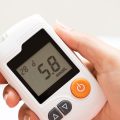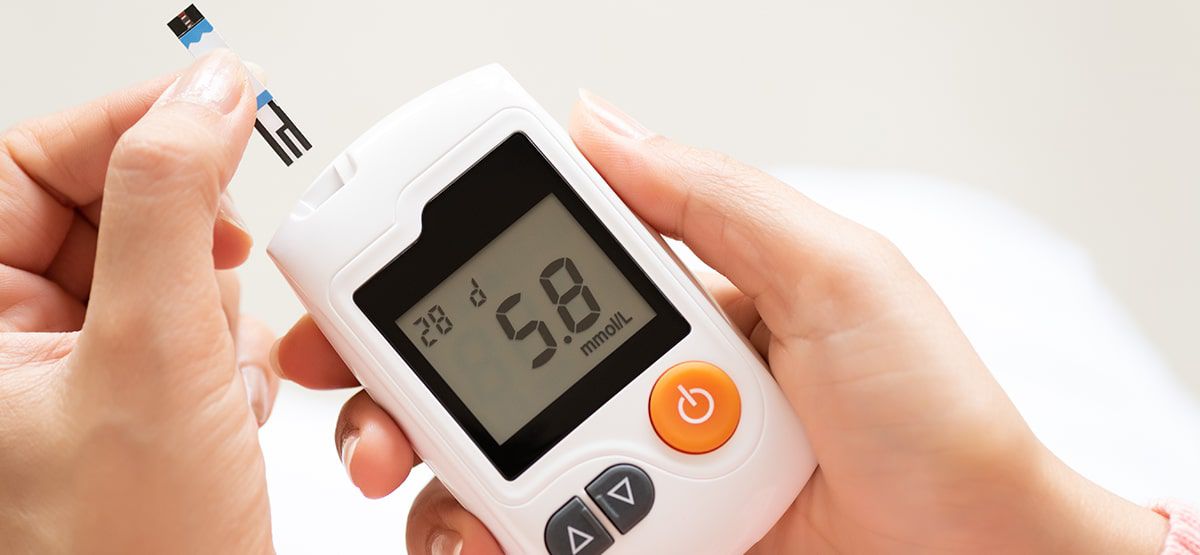
Medical Devices – USA/Europe Regulatory Updates round up Dec-2021
EUROPE
Commission Implementing Regulation (EU) 2021/2226 of 14 December 2021 laying down rules for the application of Regulation (EU) 2017/745 of the European Parliament and of the Council as regards electronic instructions for use of medical devices
The European Commission has released rules outlining the circumstances in which medical device instructions for use (IFU) can be provided in electronic form, rather than in paper form. The instructions for use in electronic form instead of in paper form which manufacturers may provide for the below medical devices that are:
- Implantable and active implantable along with their accessories
- Fixed installed and their accessories
- accessories fitted with a built-in system visually displaying the instructions for use
- For software, manufacturers may provide eIFU by means of the software itself instead of in paper form
- Progressive roll-out of the In Vitro Diagnostic Medical Devices
The progressive rollout of the In Vitro Diagnostic Medical Devices Regulation (IVDR) is now official, after the European Parliament and Council adopted an amendment setting new dates of application for some of the regulation’s requirements.
Under the amendment, the regulation’s 2-year transition phase would be extended by 1 to 3 years, with the transition period extending to May 2027 for the lowest risk devices, giving test makers more time to get their products certified and allowing more notified bodies to come online before the regulation takes effect. The transition period for the highest risk class D devices will be extended to May 2025, while moderate-risk class C devices will have until May 2026 to undergo a conformity assessment for the first time. Class B and Class A sterile diagnostics have until May 2027 to undergo a conformity assessment.
MDCG 2021-27 Questions and Answers on Articles 13 & 14 of Regulation (EU) 2017/745 and Regulation (EU) 2017/746
The guidance offers insight on distinguishing between the two roles and general obligations under the regulations. Also addressed are specific obligations for verifying that products are CE marked and are in compliance with registration and other requirements. The guidance also offers several practical examples of different situations involving the import or distribution of medical devices and IVDs.
The distinction between an importer and distributor, the guidance describes, hinges on whether the economic operator places a device on the market that it obtained from an economic operator in a third country or whether the economic operator obtained the device from another manufacturer, importer or distributor that is established in the European Union. The guidance notes that EU-based distributors become importers if they obtain products directly from a non-EU based manufacturer or distributor.
MDCG 2021-28 – Substantial modification of clinical investigation under Medical Device Regulation
Under MDR, sponsors of clinical investigations are required to notify the relevant member states if they intend to modify the investigation in a manner that would have a “substantial impact on the safety, health or rights of the subjects or on the robustness or reliability of the clinical data generated by the investigation, within one week.”
In the brief guidance on substantial modifications, MDCG links to a template for submitting such notifications, though it describes that competent authorities and sponsors is expected to check with the individual member state(s) about specific national requirements before using the template. MDCG adds that it intends to withdraw the template once the Eudamed clinical investigations module is functional
UNITED KINGDOM (MHRA)
Guidance: MHRA guidance on the use of real-world data in clinical studies to support regulatory decisions
There are vast amounts of data being collected on patients, for example, in electronic health records (EHR), and disease and patient registries. Such data are commonly called RWD, reflecting that they are collected while patients go about their regular lives, as opposed to being specifically collected in a clinical study. When such data are analysed, the information produced may be referred to as real-world evidence (RWE).
Digital health technologies’ can be used to gather health related data. They include sensors, wearables and other technologies, such as ingestible devices and implantables.
USA (USFDA)
Non-Clinical and Clinical Investigation of Devices Used for the Treatment of Benign Prostatic Hyperplasia (BPH)
FDA’s recommends on non-clinical and clinical investigational plans to support premarket submissions for devices used in the treatment of benign prostatic hyperplasia (BPH). The guidance only applies to devices that are indicated for the treatment of BPH. The recommendations are intended to promote consistency and facilitate efficient review of premarket submissions for these devices
CANADA (HC)
Failure to pay 2021 annual licence review fees will result in cancellation of MDELs
In December 2021, Health Canada will cancel medical device establishment licences (MDELs) for licence holders who have outstanding fees for their 2021 annual licence review (ALR) application
If your establishment licence is cancelled, you are no longer authorized to conduct licensable activities (such as manufacturing, distributing or importing medical devices). You must stop these activities as soon as you receive your cancellation letter.
ARGENTINA
ANMAT remains focused on grow in the international regulation of medical devices
ANMAT made a presentation at the Virtual Forum of the Medical Device Single Audit Program (MDSAP). This program was born as one of the working groups of the International Medical Products Regulatory Forum (IMDRF), of which ANMAT is currently an observer member, together with the Medicines and Health Products Regulatory Agency (MHRA) in English) from the United Kingdom and the World Health Organization (WHO).
This national administration joined three new IMDRF working groups: “Artificial Intelligence” (led by Korea), “Good Regulatory Practices” and “Cybersecurity” (both led by the United States), which represents progress and agility within convergence regulatory framework in the context of the COVID-19 pandemic. In this way, ANMAT remains focused on strengthen its regulatory capacities on the way to achieving full membership in the IMDRF Forum.
The SARS-CoV 2 virus pandemic put medical products at the center of the health scene: diagnostic reagents, protection (masks and masks), medical clothing, respirators, among others. This push for medical products highlighted the need to strengthen their regulation globally.
ANMAT works daily to strengthen its position at a global level in terms of regulation of medical products, which is manifested through the growth of its participation in international forums and programs:
- IMDRF, as an observer member working towards full membership.
- MDSAP, as an affiliate member
- PAHO, active in the working groups of medical products in the Region of the Americas.
- Mercosur, in COPROSAL SGT N ° 11, in the subcommittee on medical products and the clinical research working group.
- WHO, within the Mechanism on Substandard and Counterfeit Medical Products.
Don’t miss out! Click here to stay in touch.
Categories
- Biopharma (59)
- Consumer Health (22)
- Cosmetics (11)
- Diagnostics (5)
- Digital Health (8)
- Food (2)
- Medical Device (113)
- OTC (5)
- Regulatory Intelligence (13)
- Standards (41)
Recent Blogs
Get the latest updates from Vistaar

Related Posts
CONNECT WITH US

Let's talk about how Vistaar can help you




